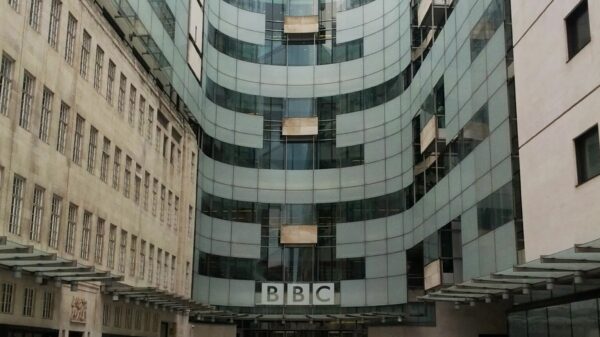According to a report published by the Department for Media, Culture and Sport (DCMS), it seems the BBC licence fee is here to stay for a good few years
Most obviously relevant only to our UK readers, this has huge bearing on the future of the BBC and the way it make programs including a lot of the one’s we cover here on Cultbox. We’ve already touched upon the Ofcom (Office of Communications) consultation on the future of UK television and changes afoot at the BBC, now this new report paints a very interesting picture from a new angle. It seems the BBC licence fee may survive until 2038 — yes, 17 more years! Good news for them and for Capita who has the contract to manage the licence process, and other contractors.
The DCMS report is from a committee of MPs, and we bring you highlights from the BBC’s own news item.
BBC licence fee — the report highlights
The financial headline is:
…the failure to find a viable alternative form of funding meant the licence fee must remain for the term of the next charter
The current charter ends in 2027, the next is due to run 2028-2038. This gives the BBC (potentially) a large window in which to ramp up revenue streams as well as make efficiencies. Of course the licence fee might not rise fast in this time, and applicability could change (eg the over 75s recently lost free licences unless they are on certain benefits.) We read on, and noted the following:
…failure to put in place the necessary broadband infrastructure, which would allow for other funding mechanisms, meant it had no option but to stick with the licence fee for the next 10-year charter period.
Currently, a move to a digital system would result in 1.8 million households losing access to public service broadcasting because of a lack of broadband access and digital skills..
DCMS Committee Chair and Conservative MP Julian Knight added this:
“It’s clear that the BBC TV licence fee has a limited shelf life in a digital media landscape.”
We also spotted the DCMS press release for Project Gigabit:
More than one million hard to reach homes and businesses will have next generation gigabit broadband built to them in the first phase of a £5 billion government infrastructure project.
Plenty to mull over, and lower down in the BBC’s piece, Julian Knight goes on to say:
…ministers must now legislate to enable public service broadcasters to compete in a digital world, adding that the likes of BBC, ITV and Channel 4 should also be pooling resources so they can compete with streaming giants like Netflix
We look forward to keeping you posted as it all changes over the next few years.

